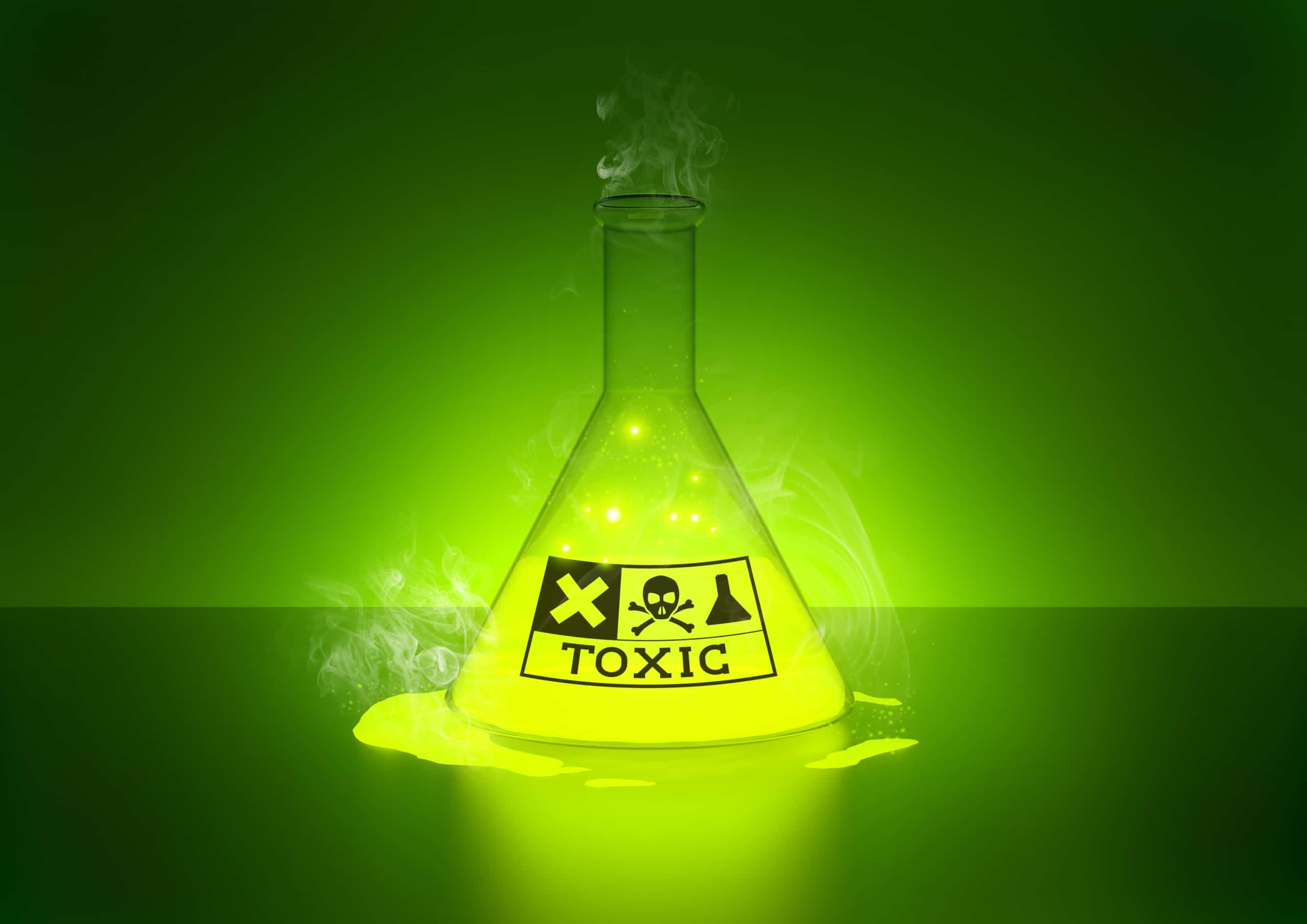nPB (a.k.a. n-propyl bromide and 1-bromopropane) has a great history of success as a vapor degreasing solvent and — at the same time — a rather bleak future. This is because the solvent is dangerous to the short-term and long-term health of workers who use it, and, by extension, because use the solvent is in the process of being regulated regarding usage volume. If you use an nPB vapor degreaser, there are four good reasons to replace it with a safer solution now.
- Temporary Illness
Scientific studies and anecdotal reports show that exposure to NPB vapor degreaser and nPB in other formulations can cause temporary, negative health effects in workers, including: dizziness, mental confusion, slurred speech, paresthesia, visual disturbances and respiratory distress, among several other acute conditions. Some of these conditions can result from a single exposure to nPB vapor degreaser, though they generally abate when exposure ceases.
- Chronic Illness
Scientific studies and anecdotal reports have also shown the potential of nPB to cause negative health conditions that are chronic, including: neurological damage, cancer (based on animal studies), permanent Paresthesia and difficulty walking (due to paresthesia). Because these conditions can permanently decrease the earning capacity of the injured, or make them completely disabled, chemical injury lawsuits are a common method of recourse.
- Regulatory Control
As reported in late 2015 in The Federal Register: The Daily Journal of the United States Government, “The Environmental Protection Agency (EPA) is adding 1-bromopropane to the list of toxic chemicals subject to reporting under section 313 of the Emergency Planning and Community Right-to-Know Act (EPCRA) of 1986 and section 6607 of the Pollution Prevention Act (PPA) of 1990.”
The article goes on to explain the decision, citing that “1-Bromopropane has been classified by the National Toxicology Program in their 13th Report on Carcinogens as ‘reasonably anticipated to be a human carcinogen.’” Consequently, “The EPA has determined that 1-bromopropane meets the EPCRA section 313(d)(2)(B) criteria because it can reasonably be anticipated to cause cancer in humans.”
If history is a guide, nPB will eventually find a place on the EPA’s list of hazardous air pollutants (HAPs), which means it will be banned or regulated to the point that many users of nPB vapor degreaser will be unable to use the solution in sufficient quantities for crucial nPB applications.
- Financial Fallout
Even among organizations that aren’t concerned about the regulation of nPB, replacing an nPB degreaser is still a common move. The reasons why are simple. Negative health effects of nPB exposure can reduce productivity in the workplace, lead to workers compensation claims, and, as mentioned above, lead to chemical injury lawsuits. When it come to financial profitability, using nPB vapor degreaser for business-critical operations is a double-edged sword.
Choosing a Replacement
If your organization doesn’t specialize in evaluating industrial solvents, you may need some assistance with choosing a nPB vapor degreaser replacement that’s safer than its predecessor but works just as well. This is the type of replacement Ecolink can provide. To get started on finding a drop-in replacement for your nPB degreaser, call us today at (800) 563-1305, or use the contact form on our website.















